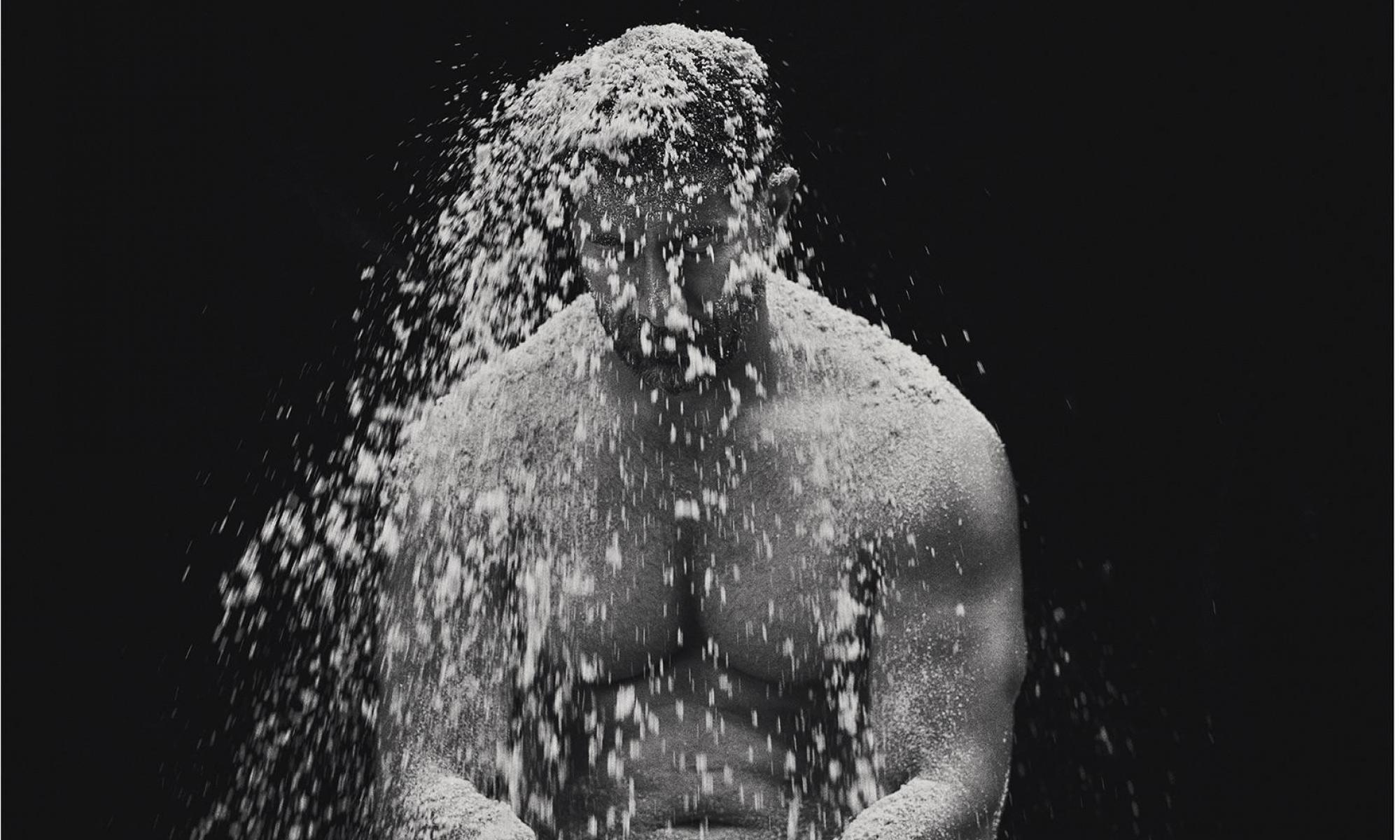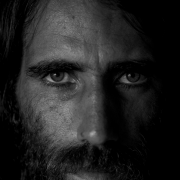Exile
This image, more than anything else, clarifies the reality. It says: ‘You have been exiled’.
Exile. This concept has tormented me for all the years I have been incarcerated here in Manus Prison.
Exile. The more I try to contemplate the depths of its meaning the more I uncover the political intricacies of the modern world ...
a political domain typified by Australia.
Exile. There is a huge difference between banishing innocent people to a forlorn island and exiling people who have been tried fairly and condemned by a court of law. In the context of Manus ‘exile’ means being made a pariah, ostracised and expelled to a place where the laws and rights created to ensure a dignified existence are sus- pended. This abeyance of laws allows the state to completely deny exiled bodies access to intelligible laws that protect human rights, thus creating a zone where human rights law is void.
According to the theory rendered by Giorgio Agamben, the refugees imprisoned on Manus Island are in a ‘state of exception’. Manus Prison is a phenomenon that is deeply intertwined with the founda- tions and frameworks that drive the legal regime; Manus Prison is characterised by the violence perpetrated by law.
Exile. An act of incredible magnitude, an act affecting a large collec- tive. The exile of more than 2000 refugees using the basic logic that underlies the law–violence configuration. A violence that, accord- ing to Walter Benjamin, even manifests in educational spaces and pedagogical practices. Naturally, the goal here is to constrain in- dividuals and communities using specific powers; capabilities that the authorities obtain by normalising technologies for disciplining and punishing bodies—but also technologies that use reward as an instrument. These strategies are provided to educators so that they support and empower the essential desires and objectives of the ruling establishment; desires that coincide with the goals of the legal system.
Exile. Removed from the path to freedom through legal infrastruc- ture. In fact, this exile is an encounter with the very essence of violence hidden within the law.
Image: Hoda AFSHAR, Portrait of Emad, Manus Island 2018 from the series <em>Remain</em> pigment ink‐jet print 100.0 x 83.0 cm. courtesy of the artist
This is a preview of 'Exile'. The full article can be found in Art + Australia Issue Five.


